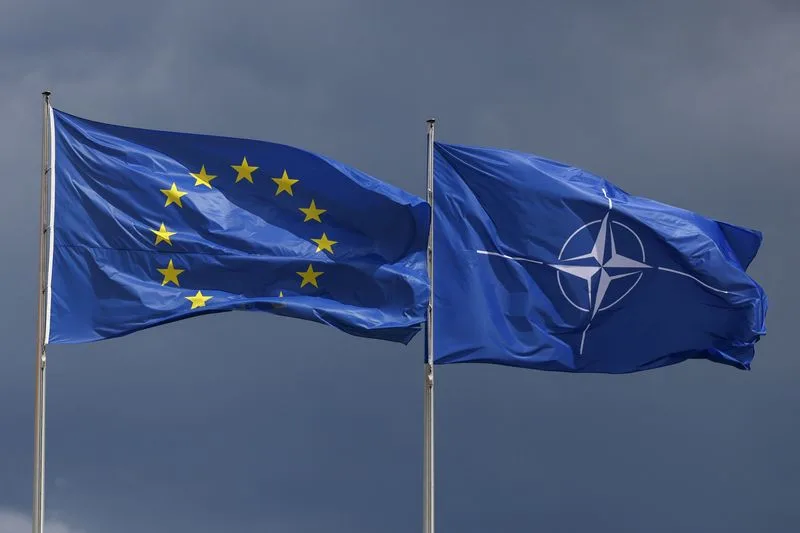NATO to Boost Baltic Presence Following Drone Activity in Denmark

NATO announced plans to strengthen its presence in the Baltic Sea region by deploying additional assets, including an air-defence frigate, after multiple drone sightings in Denmark, particularly near military areas.
Denmark’s Armed Forces reported that unidentified drones were detected overnight near key military sites. This followed several drone appearances earlier in the week around major airports and critical infrastructure across the country.
Copenhagen Airport, the busiest in the Nordic region, was forced to shut down for several hours after multiple large drones entered its airspace. In the following days, five smaller airports — both civilian and military — were also temporarily closed due to similar drone activity.
In response, NATO said it would increase its vigilance in the Baltic region using a range of capabilities across multiple domains. The additional resources will include platforms for intelligence gathering, surveillance, and reconnaissance, as well as at least one air-defence frigate. Specific details about which member states are contributing the extra resources were not disclosed.
These reinforcements are intended to strengthen the alliance’s “Baltic Sentry” mission, which began in January. The operation was launched amid rising concerns over damage to underwater infrastructure such as power cables, telecom systems, and gas pipelines in the Baltic Sea.
As part of this mission, allied forces have already deployed patrol aircraft, naval drones, and warships to secure vital infrastructure.
Additionally, NATO recently launched the “Eastern Sentry” mission to reinforce defences along the alliance’s eastern border. This move comes after reports of Russian drone violations in Polish airspace.
Earlier this week, the alliance issued a warning to Moscow, stating it would use all necessary tools—military and otherwise—to defend its members. The warning followed Estonia’s claim that three Russian MiG-31 fighter jets entered its airspace for 12 minutes before being intercepted and escorted away by NATO aircraft. Russia denied the incident and stated that its drones were not targeting locations in Poland.
Meanwhile, Germany’s interior minister emphasised the growing risk posed by drones and announced plans to bolster national defences. In turn, Russia’s foreign minister issued a stern warning, saying any act of aggression against the country would provoke a strong response.

slotphlogin https://www.exslotphlogin.net